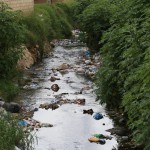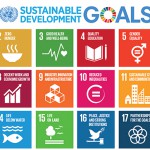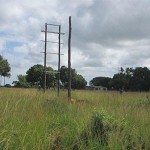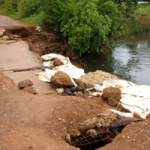admin
Advert For Contractors /Suppliers
CDFL Project Application Template
Inspiring Innovation to Deliver Clean Water and Sanitation in Zambia
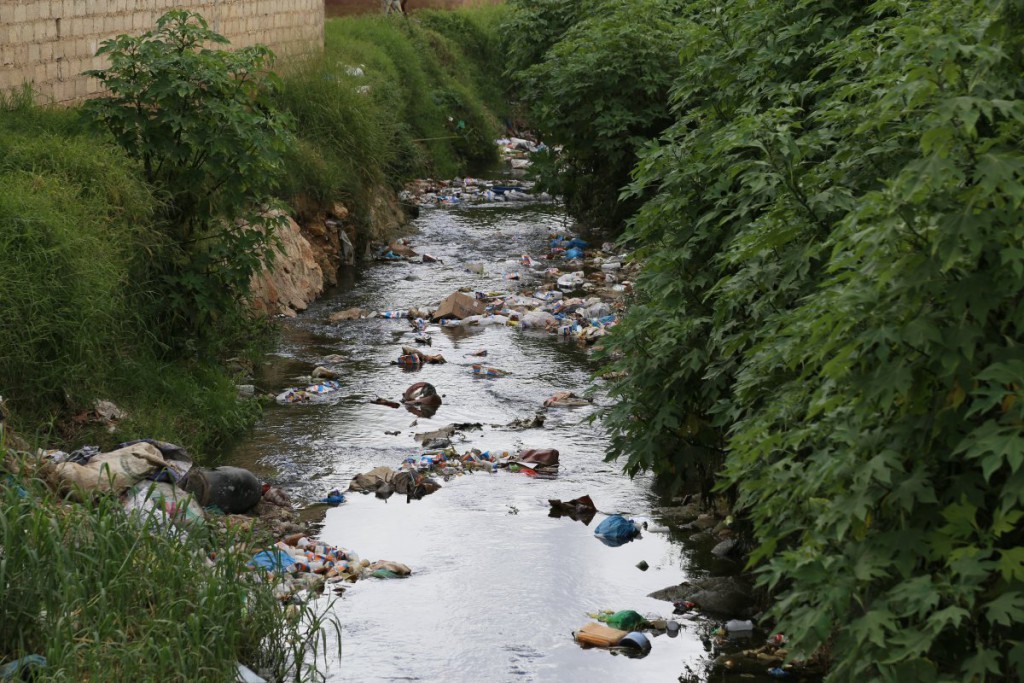 Entrepreneurial innovation can be a powerful source of ideas to address development challenges, and in Zambia, the Innovation Grants Program is engaging non-governmental partners to develop and implement innovative approaches that improve services for the poor.
Entrepreneurial innovation can be a powerful source of ideas to address development challenges, and in Zambia, the Innovation Grants Program is engaging non-governmental partners to develop and implement innovative approaches that improve services for the poor.
The program, launched in 2014, empowers community organizations, entrepreneurs, NGOs, and businesses to propose innovations that will improve access to drinking water, sanitation and hygiene, and solid waste management services in Lusaka. Five grants were announced in December 2015 in the program’s first round, and applications for the program’s second round are now being accepted through February 5.
As MCC’s Matt Bohn highlighted in a recent blog post, Lusaka suffers from poor water, sanitation, waste management and drainage infrastructure, which leads to more disease, lost productivity, flooding and property damage. The poor, in particular, who tend to live in peri-urban areas with insufficient access to services, bear the burden.
MCC’s $355 million compact with the Government of Zambia, which invests in infrastructure rehabilitation and expansion, will significantly improve overall water and sanitation provision in Lusaka. The private sector is also playing an important role, by helping to implement innovations that supplement MCC’s infrastructure improvements or tackle issues that infrastructure alone can’t address.
Read more: https://www.mcc.gov/blog/entry/blog-01292016-zambia-innovation-grants-program-to-improve-services
Working on water across borders: Spillover benefits for the SDGs
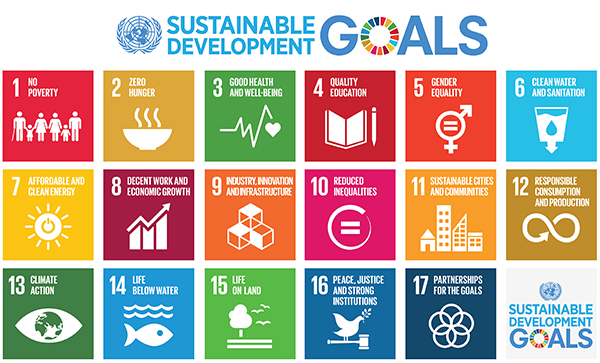 At the heels of the Sustainable Development Summit at the United Nations in New York this past weekend, an operations team from the World Bank’s Water Global Practice (GP) is meeting with international development partners and African implementing partner organizations in Zambia this week as part of the fourth annual advisory committee meeting of the Cooperation in International Waters in Africa (CIWA) program, with deep commitment and support from the Governments of the United Kingdom, Sweden, Norway, Denmark, and the Netherlands. The timing is coincidental, but symbolically significant: water management will be key to achieving the 17 Sustainable Development Goals (SDGs), which set the wider global development agenda for the next 15 years. In much of the world, managing water resources means working across borders in transboundary river basins, adding complexity to realizing SDG #6, to “ensure availability and sustainable management of water and sanitation for all.”
At the heels of the Sustainable Development Summit at the United Nations in New York this past weekend, an operations team from the World Bank’s Water Global Practice (GP) is meeting with international development partners and African implementing partner organizations in Zambia this week as part of the fourth annual advisory committee meeting of the Cooperation in International Waters in Africa (CIWA) program, with deep commitment and support from the Governments of the United Kingdom, Sweden, Norway, Denmark, and the Netherlands. The timing is coincidental, but symbolically significant: water management will be key to achieving the 17 Sustainable Development Goals (SDGs), which set the wider global development agenda for the next 15 years. In much of the world, managing water resources means working across borders in transboundary river basins, adding complexity to realizing SDG #6, to “ensure availability and sustainable management of water and sanitation for all.”
Read more: http://blogs.worldbank.org/water/energy/water/category/countries/zambia
CDFL and Rural Electrification Authority(REA) sign MoU
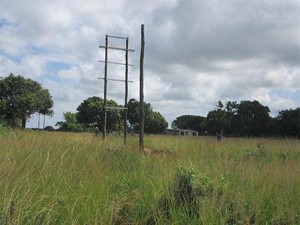
CDFL signed an MoU with REA (Rural Electrification Authority) to facilitate electricity supply to Schools and Health institutions using Wind, Solar, Bio energy and grid extension. This was done on 18 March 2016.
Mopani, CEC and CDFL collaborate to repair a community bridge in ZAMTAN
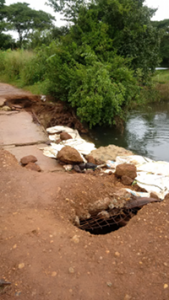
Damaged community bridge in ZAMTAN
Mopani Copper Mines Plc (Mopani) has partnered with the Copperbelt Energy Corporation Plc (CEC) and Copperbelt Development Foundation Limited (CDFL) to repair a bridge across Kitwe’s Mwekera stream, which was washed away during the 2015/2016 rainy season.
The bridge is an essential piece of infrastructure for the predominantly small farming community in the area as it is their main link to the central business district. The repair works at the bridge are estimated at a total cost of K1.7 million.
The three companies have since signed a memorandum of understanding (MoU) that will see Mopani contribute 66.1 percent of the total budget with CEC and CDFL meeting 9.7 percent and 24.2 percent, respectively.
The repair works on the bridge include fabricating frames for the bridge structure, casting concrete works for the foundations and installing handrails on either side of the bridge.
Mopani’s contribution, valued at K1.1million includes the piling, civil and mechanical works as well as provision of equipment and technical services such as designing, drawings, bills of quantities and supervision; while CEC’s contribution of K160,000.00 and CDFL’s K400,000.00 will largely go towards civil and mechanical works.
The Mwekera Bridge is located in Zamtan area off the Kitwe-Ndola highway, about 700 metres from the Kitwe police check-point and is accessed by more than 5,000 residents of Kitwe East from Kakolo, Mufuchani and Kamfinsa communities.
According to Alinani Simumba, a resident and frequent user of the bridge, the absence of the bridge in the area since the beginning of 2016 has affected the entire local population which includes small scale farmers, school children, a faith-based orphanage/school run by the Baptist Church, and Umozi Home-Based Care who work with people living with HIV.
“The damaged bridge has had a negative impact on the community not only in terms of access to schools, medical services and basic needs but also the livelihoods and safety of the community; more so in the likely event of a life-threatening emergency,” explained Mr. Simumba.
He disclosed that the residents had sought help from various organisations and government departments since February 2016 but nothing came forth until the three companies came on board.
Under the MoU, the three companies have agreed to pool their resources and efforts to accomplish the project’s objective of building a bridge over the Mwekera stream.
The MoU states in part that: “Each of the parties possesses certain assets, abilities, specific expertise or other valuable tangible or intangible assets which it is prepared to place at the disposal of the joint project.”
The collaboration is testimony to how the three companies value relationships with the communities in their areas of operation as well as a demonstration of their corporate social responsibility and commendable ability to come together to serve a greater good.
